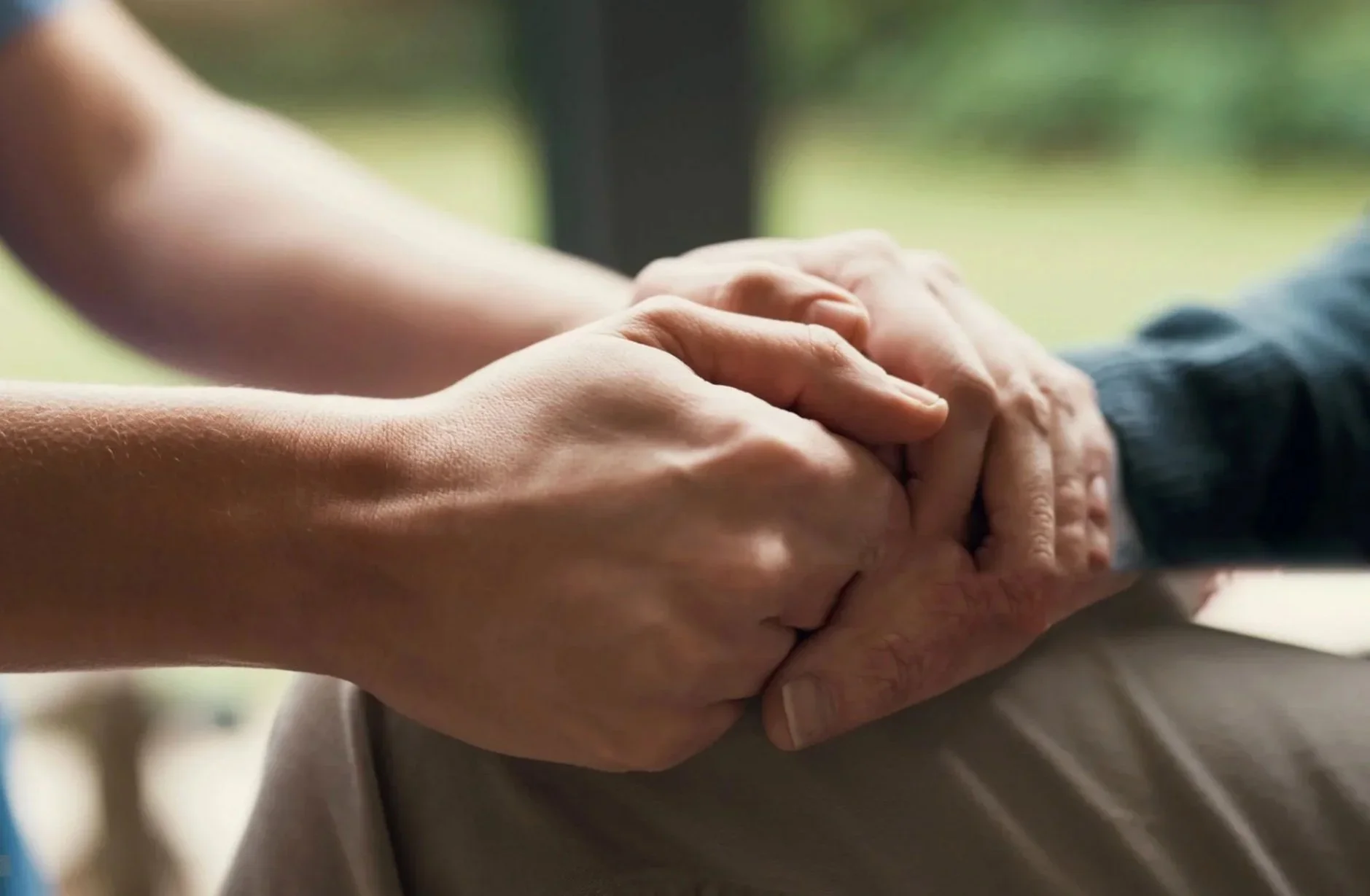Bereavement and Loss - in the LGBTQ+ Community
Author: Chris Baker
Overview: Switchboard explores the unique challenges LGBTQ+ people may face in bereavement, including disenfranchised grief, family estrangement and exclusion from mourning rituals.
Grief is one of the few experiences in life that touches everyone, but it doesn’t touch everyone in the same way. For LGBTQ+ people, bereavement can bring a unique set of challenges – not just because of the person who has been lost, but because of how the world responds to that loss.
Loss Before a Death
Most people who are bereaved will have a history of loss but for LGBTQ+ people there may have been a lot of previous loss with added complications. As with others, loss can come with the ending of a relationship – romantic or platonic – or when a loved one is diagnosed with a terminal or life-changing condition. However, LGBTQ+ people can also have experienced family estrangement, from having to walk away from a toxic environment, or from the loss of community or identity after coming out. Also the death of a pet can lead to profound grief, particularly for those who feel isolated or have no family support, as for some, a pet isn’t just a companion: it’s chosen family, an emotional anchor and a constant in a life marked by rejection or change.
The Invisible Grief of Estrangement
Grief is often expected to follow a neat path: someone dies, and the mourning begins. But what happens when the relationship was strained, or the person who died had rejected them? Many LGBTQ+ people live with complicated relationships with their biological families. For some, coming out resulted in being cut off emotionally, financially, or completely. When someone estranged dies, such as a parent who never accepted them, or a sibling not spoken to for years, there will still be grief, and intensified by what happened before. It will be grief for the loss of what was, and the loss of what might have been, and the absence of closure can be as heavy as the loss itself. In these cases, people may grieve in silence, feeling unsure if their feelings are valid. If that’s you, your feelings are valid. All grief is valid, even if it’s messy and even if no one else understands how you feel.
Disenfranchised Grief
Many LGBTQ+ people also experience what’s known as disenfranchised grief – a bereavement that isn’t recognised or respected by wider society. When a relationship isn’t seen as “real” or “serious,” grief can be diminished. A long-term partner may be dismissed as “just a friend”, a chosen family member may be overlooked in a eulogy, or a trans person misgendered in death. Trans and non-binary people can face deep anxieties around death and remembrance. The fear of being misgendered, deadnamed, or erased is not abstract – it’s rooted in real stories. Many take steps to create legal documents and detailed funeral plans, not just out of practicality but to ensure that their identity is honoured when they can no longer speak for themselves.
Funerals That Exclude
Funerals and other rituals are meant to bring closure and comfort, but for LGBTQ+ people they can sometimes deepen the pain. Some are asked to sit at the back, told not to speak, or left out of obituaries. Partners and chosen family members may be excluded from decision-making or have their grief dismissed. Faith communities can especially isolate LGBTQ+ people – communities expected to care. This exclusion doesn’t just hurt – it can leave lasting scars. When love is not acknowledged, grief becomes lonelier. And when someone’s identity is denied in death, those left behind carry both sorrow and the weight of injustice.
Community Grief, Shared Strength
LGBTQ+ grief is often not just personal – it’s communal. There is a collective memory of the HIV/AIDS crisis, of hate crimes and of watching lives and rights debated in public. LGBTQ+ communities also experience a higher proportion of suicide than other communities. These experiences shape the community, but they also highlight its resilience. Within LGBTQ+ communities, grief is honoured in many ways: vigils, online tributes, art, gatherings in pubs, parks and homes. All serve as ways to remember and hold each other up. Community care and storytelling help to transform grief into something shared.
Closing Comments
Grief can feel especially lonely when the world doesn’t see or understand the loss. Whatever the relationship and however the person died, grief deserves to be seen and supported with compassion. The idea of “chosen family” is central to LGBTQ+ lives – people who love and accept others as they are. Fortunately, these networks exist and provide the understanding and recognition that might be missing elsewhere. In these networks no one has to explain why they’re grieving or who they’ve lost; love is celebrated and sorrow is honoured.
Chris Baker is the Bereavement Services Manager at Brighton & Hove LGBT Switchboard.
AtaLoss appeals to the nation to offer more support to LGBTQ+ people in their (often) particularly painful and complicated grief. It is especially necessary for cultural barriers to be broken down to support LGBTQ+ bereaved people, given the isolation they can feel, the incidence of suicide and the suicide contagion in grief.
If you or someone you know is grieving and looking for support, Ataloss.org directs to bereavement support services across the UK, as well as a growing library of helpful resources for people who are grieving, whoever is bereaved and whoever has died.
For specific support for LGBTQ+ bereavement see the services listed under our Specific Communities filter.
Latest Articles



